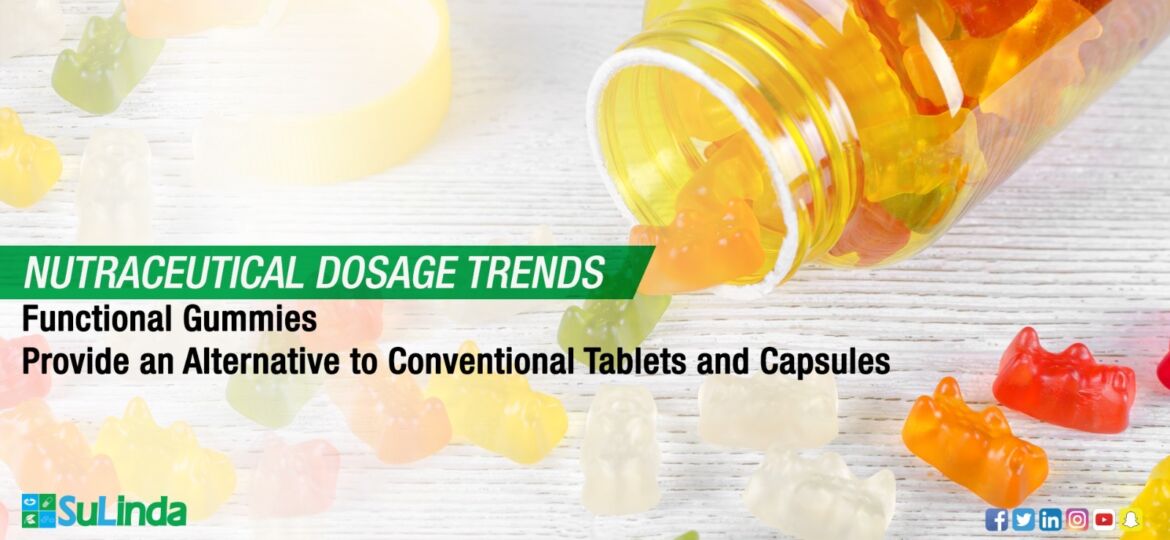Macular degeneration is a leading cause of blindness worldwide, affecting millions of people every year. This age-related eye disease gradually damages the macula, the part of the retina responsible for central vision, and can lead to significant visual impairment and loss of independence.
While there is currently no cure for macular degeneration, research has identified several dietary factors that may help to delay the onset of the disease and protect the eyes. In particular, omega-3 fatty acids, lutein, and zeaxanthin supplements have been shown to have a potential protective effect on the eyes and could potentially delay the progression of age-related macular degeneration.
Omega-3 fatty acids are a type of polyunsaturated fat that are found in high concentrations in fatty fish such as salmon, tuna, and sardines. They are also available in supplement form, commonly as fish oil capsules. Omega-3 fatty acids have been shown to have anti-inflammatory properties, which may be beneficial for eye health, as inflammation is believed to play a role in the development and progression of macular degeneration.
Several studies have investigated the potential benefits of omega-3 fatty acid supplements for macular degeneration. One study published in the journal JAMA Ophthalmology in 2013 found that a combination of omega-3 fatty acids, lutein, and zeaxanthin supplements reduced the risk of advanced AMD by 34% in individuals with early-stage AMD. Another study published in the same journal in 2014 found that omega-3 fatty acids, lutein, and zeaxanthin supplements improved visual function in individuals with intermediate-stage AMD.
Lutein and zeaxanthin are two other dietary components that have been linked to eye health. These carotenoids are found in leafy green vegetables such as spinach and kale, as well as in egg yolks and some other foods. Like omega-3 fatty acids, lutein and zeaxanthin have anti-inflammatory properties and may help to protect the eyes against damage from oxidative stress.
Several studies have investigated the potential benefits of lutein and zeaxanthin supplements for macular degeneration. One study published in the journal Ophthalmology in 2013 found that a combination of lutein and zeaxanthin supplements reduced the risk of progression to advanced AMD by 25% in individuals with early-stage AMD. Another study published in the same journal in 2015 found that lutein and zeaxanthin supplements improved visual function in individuals with intermediate-stage AMD.
While these studies suggest that omega-3 fatty acids, lutein, and zeaxanthin supplements may have a protective effect on the eyes and could potentially delay the progression of macular degeneration, it is important to note that more research is needed to confirm these findings and determine the optimal dosage of supplements. It is also important to remember that supplements should not be used as a substitute for a healthy diet and lifestyle, which are key factors in maintaining eye health and preventing macular degeneration.
In addition to incorporating these dietary components into your diet, there are several other steps you can take to protect your eyes and reduce your risk of macular degeneration. These include quitting smoking, maintaining a healthy weight, protecting your eyes from UV radiation, and getting regular eye exams.



